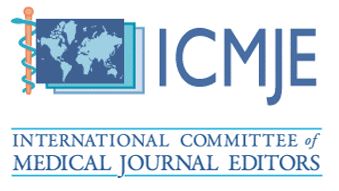Intranasal (IN) Midazolam Sedation to Facilitate Dental Treatment for Adults with Autism and Learning Disabilities: An Audit of Efficacy and Safety in Primary Care
The provision of dental care for adults with leaning disabilities and autism is often provided under general anaesthesia in a hospital setting, tending to result in increased waiting times and additional costs to the NHS. An alternative to the use of general anaesthesia in Secondary Care services, is to use intranasal Midazolam with intravenous Midazolam as a conscious sedation technique which has been widely used in the UK. The aim of this audit is to assess the use of intranasal mediated conscious sedation and assess its effectiveness in the management of dental care of patients with learning disabilities and autism in Primary Care. The standards based from previous research were decided that planned treatment completed would be >90%, IV accessed achieved in >96% and adverse events<6%. The level of cooperation obtained should aim to be: 50% Ellis grade 1, 30% Ellis grade 2, 15% Ellis grade 3 and 6% Ellis grade 4/5. The first cycle audit demonstrated that all the standards were met, except 12% of sedation episodes were successfully achieved without difficulty (Ellis sedation score 1), compared to the standard of 50%. Recommendations included the use a team of four (involving 2 sedation trained dentists and 2 sedations trained nurses) for more challenging cases and regular peer review. The second cycle audit results showed that 20% of cases successfully achieved sedation episodes with an Ellis score 1 using intranasal sedation. 11% of patients were unable to be treated and required referral for general anaesthesia. The results demonstrate the safety and cost effectiveness of the combined intranasal and intravenous midazolam sedation technique for providing dental treatment for majority of adults with severe learning disabilities and autism. While acknowledging that there will still be a need for general anaesthesia, the technique of utilising two sedation trained dentists has the potential to make dental treatment more accessible in primary care for most patients with autism and learning disabilities.
Keywords: Intranasal, intravenous sedation, autism, learning disability, dental
Citation: Hossenally H, Doughty J. “Intranasal (IN) Midazolam Sedation to Facilitate Dental Treatment for Adults with Autism and Learning Disabilities: An Audit of Efficacy and Safety in Primary Care”. SVOA Dentistry 3:1 (2022) Pages 38-46.











